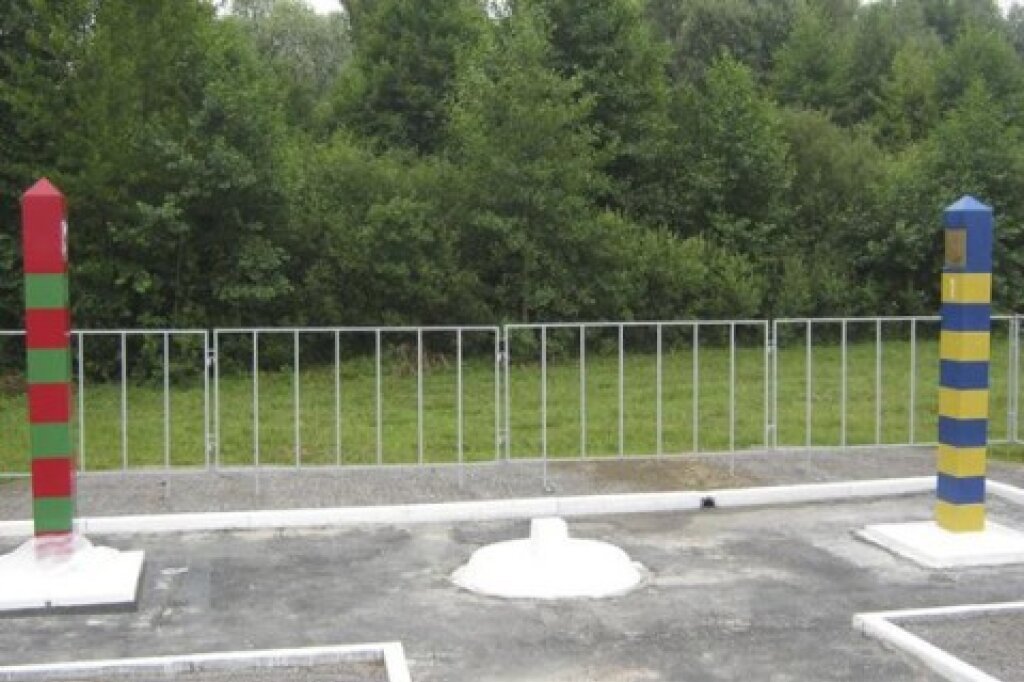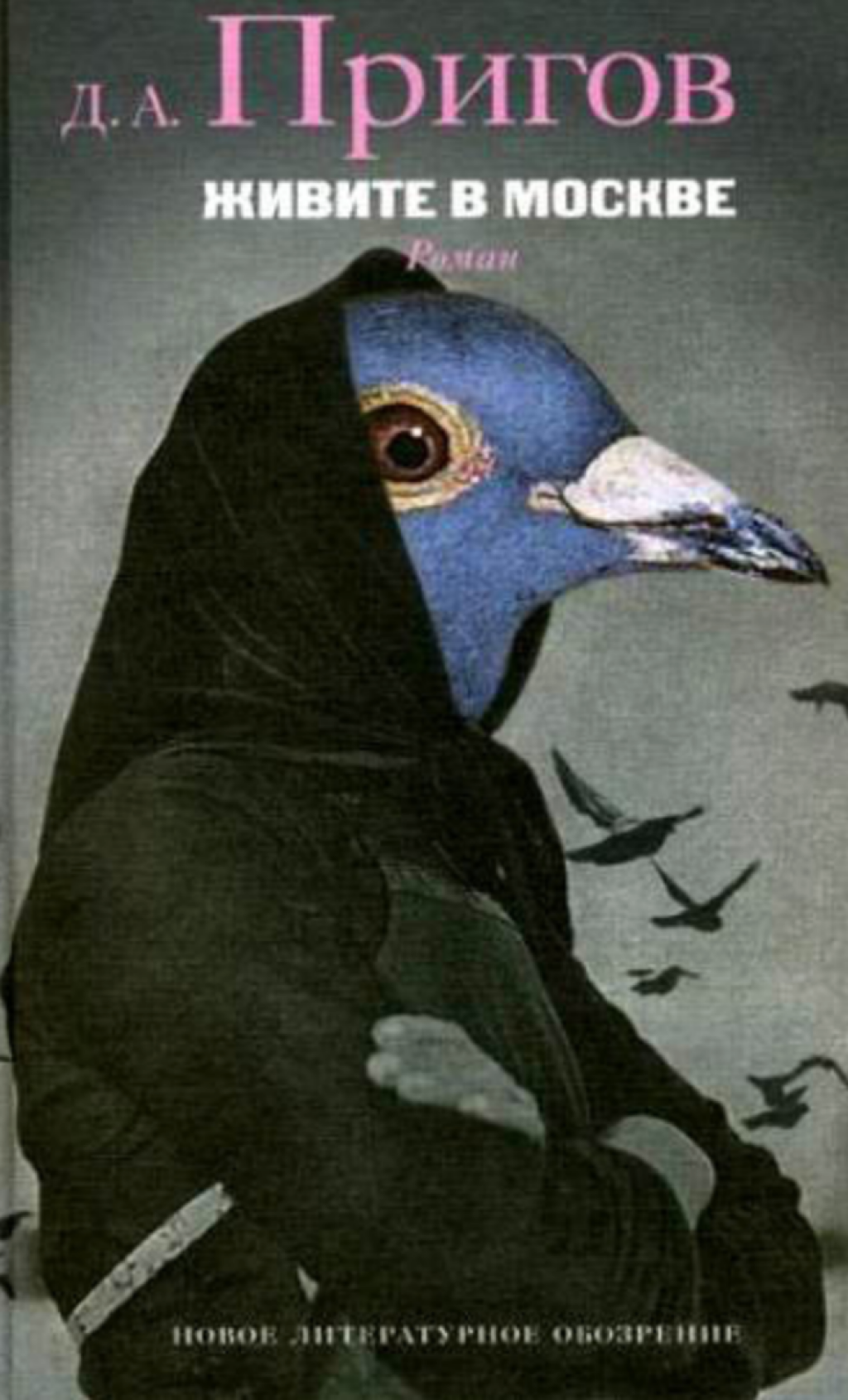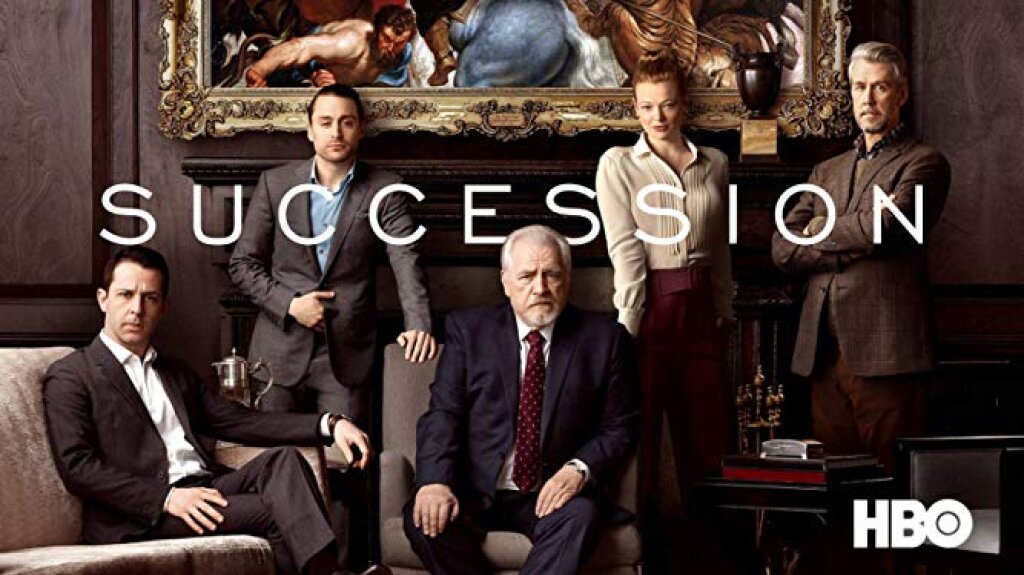Sergei A. Mudrov is Associate Professor at the Department of Social Communications of Polotsk State University in Belarus.
The violent events in Ukraine, sometimes called the "Revolution of Dignity," which took place in late 2013 and early 2014, led to the ousting of President Yanukovich and a radical change of power. One outcome was that pro-nationalist forces took ruling positions at the national level. The developments of February 2014 in Kiev opened a chain of protest events in some regions of Ukraine, especially in the South and East, where perceptions of Ukrainian nationalism were particularly negative, and where people disagreed with the agenda of the new Ukrainian government. The mass protests in Crimea, supported by Russia, resulted in a referendum that took place on 16 March 2014. Subsequently, Crimea seceded from Ukraine and was incorporated into the Russian Federation.
In Belarus, which shares more than a thousand kilometers of border with Ukraine, attitudes toward the events of 2014 and their consequences were ambiguous from the very beginning. This ambivalence relates to the importance, for Belarus, of maintaining good relations with both East and West — even when these two poles construct incompatible pictures of developments in Ukraine. The incorporation of Crimea into Russia put Belarusian authorities in an especially difficult position, since it was impossible to avoid making comments and to taking a stance on this issue. Ultimately, these comments took time to formulate and reflected a somewhat careful perspective, which nonetheless tended to condemn what had happened to Crimea.
In March 2014, Belarusian President Lukashenko stated that he disliked seeing violations to the sovereignty and territorial integrity of a state (i.e. Ukraine). However, he simultaneously justified Moscow's actions by saying that "Russia interfered when it saw that they [Ukrainian nationalists] were strangling not just the Russian, but the Slavic world." Lukashenko was saying that these negative attitudes, which he attributed to Kiev, were directed not only at Russians, but also at Belarusians living in Crimea. In this framing, Russia's actions could be explained by the inappropriate actions of the new, post-Maidan Ukrainian authorities. At the same time, Lukashenko, while justifying the actions of Moscow, was unwilling to give a clear answer in March 2014 about the possible recognition of Crimea as a part of the Russian Federation, mincing words about the low practical importance of this issue.
In fact, over the last few years, following official recognition by Moscow of breakaway territories like Abkhazia and South Ossetia, the Belarusian President had been playing his own cards, trying to find a fine balance between Moscow and Brussels. In spite of Lukashenko's promises to and expectations from Belarus' eastern neighbor, Belarus has never recognized Ossetian or Abkhazian independence.
In March 2014, Lukashenko tried to demonstrate some difference between these two territories and the former Ukrainian peninsula, saying that "Crimea is not an independent state, unlike Ossetia, Abkhazia, and so on." His statements were contradictory, since he insisted that neither recognition nor lack thereof would "change anything" while also emphasizing that, de facto, "Crimea is a part of the Russian Federation." Lukashenko added that it would not be so important if Crimea was (officially) recognized as part of Russia, since "Russia is recognized by everyone."
Lukashenko retained this specific perspective through the years that followed 2014, all while Minsk consistently refrained from officially recognizing Crimea as a part of Russia. In a press conference in March 2019, Lukashenko even recalled the Budapest Memorandum of 1996 — when Ukraine was given certain guarantees of the inviolability of its borders — saying that he had also "signed this document" and emphatically asking: "What do you want from me now?" Controversially, Lukashenko even said that external actors could find it somewhat useful to maintain Belarus in a relatively neutral position.
Belarusian authorities, as well as large Belarusian corporations, generally observe the policy of de jure recognition of Crimea as part of Ukraine. The Ministry of Statistics, which publishes updated information for all Russian regions, does not list Crimea among them. On the website of the Belarusian Railway, all Crimean stations are listed as located in Ukraine. Besides, there is now no direct train connection between Belarus and Crimea, though one had existed before 2014, crossing Ukraine from north to south. Though it is now no longer possible to cross the border between Ukraine and Crimea by train, ever since Kiev closed that rail connection in December 2014, the Belarusian Railways' administration has never officially considered the option of going through Russia, via a newly built Crimean bridge. Belavia, the national airline, has also stopped direct flights between Minsk and Crimea's capital, Simferopol, and does not even offer any connecting flights via other Russian cities. However, it is possible to take a flight from Minsk to Simferopol via Moscow, using a Russian airline like Aeroflot — this option has not been prohibited by Belarusian authorities.
On the level of medium and small business, contacts with Crimea have continued. Belarusian goods have been exported to Crimea, while some Crimean goods, like wine and soda, have been imported into Belarus. Crimea as a tourist destination is openly advertised in Belarus: in most cases what is on offer are bus tours via the Krasnodar region of Russia. This arrangement exists despite Kiev’s prohibition on entering Crimea from Russia. Meanwhile, Russian geographical maps showing Crimea as a part of the Russian Federation are freely sold in Belarus; at the same time, maps actually printed in Belarus still show Crimea as a part of Ukraine.
At the international level, Belarus has consistently supported Russia on the Crimean issue. In March 2014, Belarus was one of 11 countries that voted against a UN Resolution on Ukraine's territorial integrity that specifically denounced the unlawfulness of the Crimean referendum. The situation recurred in December 2016, when Belarus, along with 25 other countries, voted against the resolution called "The Situation of Human Rights in the Autonomous Republic of Crimea and the city of Sevastopol, Ukraine." In May 2015, at the Eastern Partnership summit in Riga, Belarus similarly opposed a proposal to sign a final document containing the wording "unlawful annexation of Crimea." Thus, Minsk has clearly indicated its alliance with Moscow on Crimea, even if it has never officially recognized the Crimean peninsula as a formal part of the Russian Federation.



